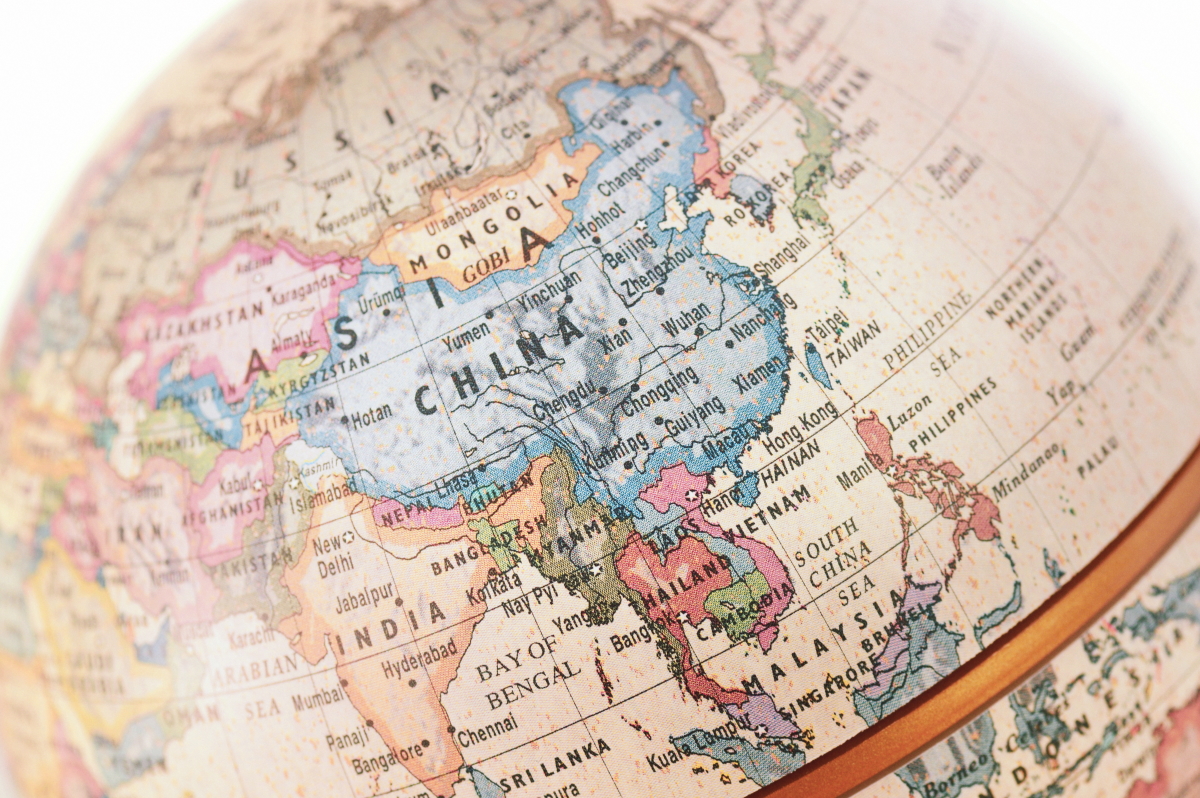Most Asian economies were quick to act against rising inflation with steady rate hikes, export bans and price controls. However, Asia inflation rate presents a substantial risk for economies as well as investors in the region.
Asia’s inflation is picking pace due to an uptick in activity after reopening from Covid-19 lockdowns. Also the Russia-Ukraine war adds to the pressure, however, the region is less exposed to it as compared to the West. The disparity can be seen in the pace of interest rate hikes in Asia compared to Europe and the US.
“Fewer signs of overheating and limited currency depreciation mean Asian central banks can tighten at a less aggressive pace compared with the Federal Reserve,” said Tai Hui, Chief Market Strategist at JPMorgan Asset Management.
Prices heating up in Asia
Inflation in Asia remained relatively low in 2021 at 2.5% due to low food inflation, less severe supply disruptions and incomplete recovery. Whereas the US saw inflation average at 4.3% and emerging economies in Latin America, the Caribbean and sub-Saharan Africa saw prices rise by about 10%.
Asian Development Bank expects Asia inflation rate to rise to 3.7% in 2022 driven by continuing recovery and rising commodity prices. It sees inflation cooling to 3.1% in 2023. At present, food inflation is probably the biggest threat to Asian economies.
The region’s largest economy, China, has largely escaped consumer inflation, whereas factory-gate inflation cooled to a 14-month low in May due to weak demand for key commodities and Covid-19 lockdowns. However, as China scales back pandemic restrictions and reopens its economy, it might face inflationary pressures due to rising economic activity.
In China, pork prices are proving to be a threat to consumer inflation as the government is trying to rein in higher prices. Pork is the staple meat of China and wholesale meat prices are currently at a six-month high. Due to rising pork prices, Goldman Sachs expects consumer prices to grow above the central bank’s 3% target.
Asia’s second-largest economy Japan is probably the worst affected due to inflationary pressures and has seen its currency yen slide to a more than 20-year low. The Bank of Japan has stuck to its ultra-low interest rate policy despite the country reporting rising inflation for the past three months. The country reported headline inflation of 2.3% in June, lower than in May and April when inflation was at a multi-year high. The country wants to see higher inflation as it has averaged only 0.3% in the past three decades.
“Emerging inflationary forces have ended decades of deflation in Japan, but the temporary shocks of Covid and the Ukraine war may not be enough to pull the nation out of its zero-inflation mindset. It will take more than a year of price increases to overcome a generation of stasis,” says Vaibhav Tandon, an Economist at Northern Trust.
Meanwhile, India’s retail inflation based on the consumer price index cooled to 7.04% in May from an 8-year high of 7.79% in April. Inflation numbers in the country have remained well above the Reserve Bank of India’s upper limit of 2-6% tolerance band for months now. Commodity prices and expensive fuel is driving India’s inflation higher, whereas crop yields are lower due to inadequate rainfall and heatwaves in several parts of the country.
Another Asian economy reeling under high inflation is South Korea, which reported that its consumer price index rose 6% in June, the highest level in the past 24 years. “Soaring oil and energy prices are affecting industrial products and groceries. It’s not an easy situation,” said an official from the country’s statistics ministry.
In Southeast Asia, Singapore is facing multi-year highs in the core inflation rate, which rose to 3.6% in May, as per official government figures. Thailand’s retail inflation rose 7.66% in June, hitting a 14-year high driven by expensive fuel. The Bank of Thailand has avoided raising interest rates unlike its peers in the region, but the new figures may force its hand to tighten the monetary policy sooner than expected.
Indonesia’s inflation rate rose to 4.35% in June, the highest in five years. The country is mainly dependent on exports, but President Joko Widodo is prioritizing inflation over a declining trade surplus. On the other hand, the Philippines saw its inflation rate surge to 6.1% in June, the highest level in nearly four years and far higher than the official 2%-4% target band.
Meanwhile, Australia saw inflation rise to 5.1% in the first quarter of 2021, and the central bank governor expects it to hit 7% by the end of the year.
Measures for taming inflation in Asia
Two common causes of rising inflation across Asian economies are rising food prices and record fuel costs. While some economies are crashing (for example Sri Lanka, Laos), most Asian economies are showing resilience against rising inflation. The following table shows the magnitude of rate hikes in the region after inflation started picking up.
| Country | Scale of rate hike (bps) | Current interest rate |
| China | – | 2.85% |
| Japan | – | -0.10% |
| India | 95 | 4.9% |
| South Korea | 125 | 1.75% |
| Indonesia | – | 3.5% |
| Philippines | 50 | 2.5% |
| Thailand | – | 0.5% |
| Singapore | – | – |
| Australia | 125 | 1.35% |
Editor’s Note: All figures represent data available as of July 5, 2022. The scale of rate hikes considers increases only after a pullback of pandemic stimulus and varies by period.










 Australia
Australia China
China India
India Indonesia
Indonesia Japan
Japan Malaysia
Malaysia Philippines
Philippines Singapore
Singapore South Korea
South Korea Taiwan
Taiwan Thailand
Thailand Vietnam
Vietnam
 Germany
Germany USA
USA Switzerland
Switzerland Singapore
Singapore
 United Kingdom
United Kingdom







